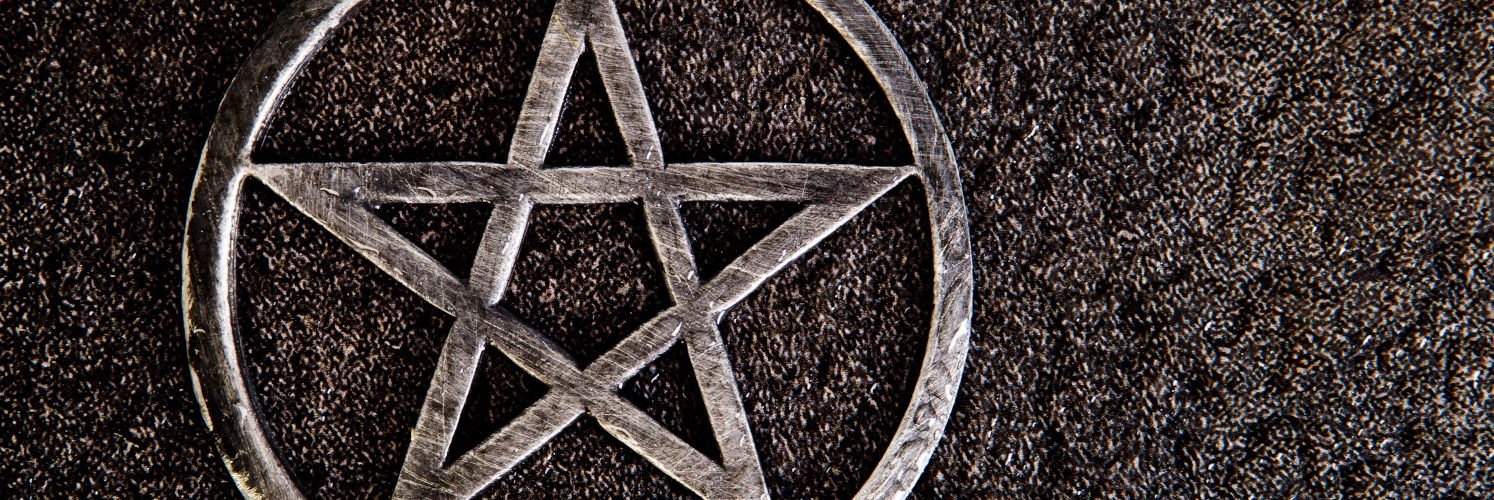I want to lead into this essay by saying I’m a proud graduate of the Susan Stoddard School of Old-Fashioned All-Organic Locally-Produced Culturally-Subversive Hippie Witchiness. I worked with Sasa for several years, and let me tell you, it was a magickal and immersive experience in hard living. Living on a fixed income is hard. Organic gardening is hard. Tending livestock is hard. Keeping an orchard is hard. High-volume canning is hard. DIY home improvement is hard. Getting to work – or going shopping or doing anything else that requires driving when you live that far out in the sticks – is hard. But despite the hardships, I really did enjoy it and I learned so much despite the challenges. At the same time, I was very aware of the fact that we had the safety net of privilege working for us – our actual or perceived whiteness, a guaranteed check from the VA each month, the ability to draw on family resources when we needed it, and an expansive network of friends in places far and near.
There’s a certain glamour about the hippie witch life that the uninitiated gravitate toward. The carefree, commune-dwelling, love-and-peace aesthetic is alluring. In the mind’s eye, the garden is always flourishing, the animals never get sick, the well pump never breaks, and the outside world is always accepting. But the fact is, we were always hustling. Sure, we grew our own food, and sure, it brought us closer to nature. But we didn’t do it for woo-woo spiritual purposes. We did it because the grocery budget wasn’t enough to cover four and sometimes five adults for the entire month. And while we were experimenting with indigenous farming techniques while we were at it, we mostly didn’t want to starve. The organic food, the thrifted clothes, the craft fairs, the semi-nomadic road trips we’d take to regional festivals – all of it was informed by our spirituality and our health needs but also by our socioeconomic situation. American peasants, Susan would call us. Living the simple life because that’s what the finances allowed for. Making the best of a less-than-advantageous situation. Constantly looking for the next opportunity to get a little bit ahead and trusting in Goddess to keep us fed and housed.
Now, don’t get me wrong, it was a very fruitful time of my life. It truly was a Mists of Avalon experience, an immersive spiritual apprenticeship filled with learning skills both mundane and magickal from someone who’d been practicing the Craft for longer than I had been alive. I learned how to compound herbal medicine and read tarot cards and butcher venison and interpret astrology charts. I visited intentional communities and learned principles of consensus decision-making. I studied Audre Lorde and Doreen Valiente and Martin Luther King and Judy Harrow. I danced naked under the moon and did battle with evil spirits and helped the spirits of the dead cross to the other side. And I could go back to that life in an instant if I needed to, despite the fact that it would be even more difficult with my current state of health. But I confess that going to grad school and holding down a conventional 8-to-5 job offered a more sustainable future for me than squatting on a three-acre homestead of dubious provenance or living the van-dwelling life. The thing about being a hippie – witch or otherwise – is that eventually you’re going to get old and develop health problems and become less able to do the hard physical work of living an off-the-grid or nomadic life. And there’s no safety net for that unless you have a trust fund or a bunch of people willing to directly subsidize your lifestyle.
Sasa invested in people the way some invest in the stock market. There was an unspoken understanding among her apprentices that our value as productive members of community should appreciate or at least hold steady. I like to think I was a good investment, a success of the pagan understanding of charity. But I think when the time comes for me to pass along my lifetime of knowledge to the next generation, I won’t do it by the hard-living method that I apprenticed into. Suffering to learn is a natural process of life, but there’s no extra credit at the end of it all for unnecessary hardship.
But maybe, just maybe, the stories I have of my experiences coming up in the Craft will be told with a dramatic flair and a “no shit, there we were” like all good stories begin.

